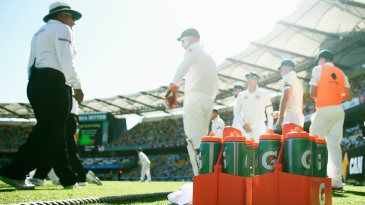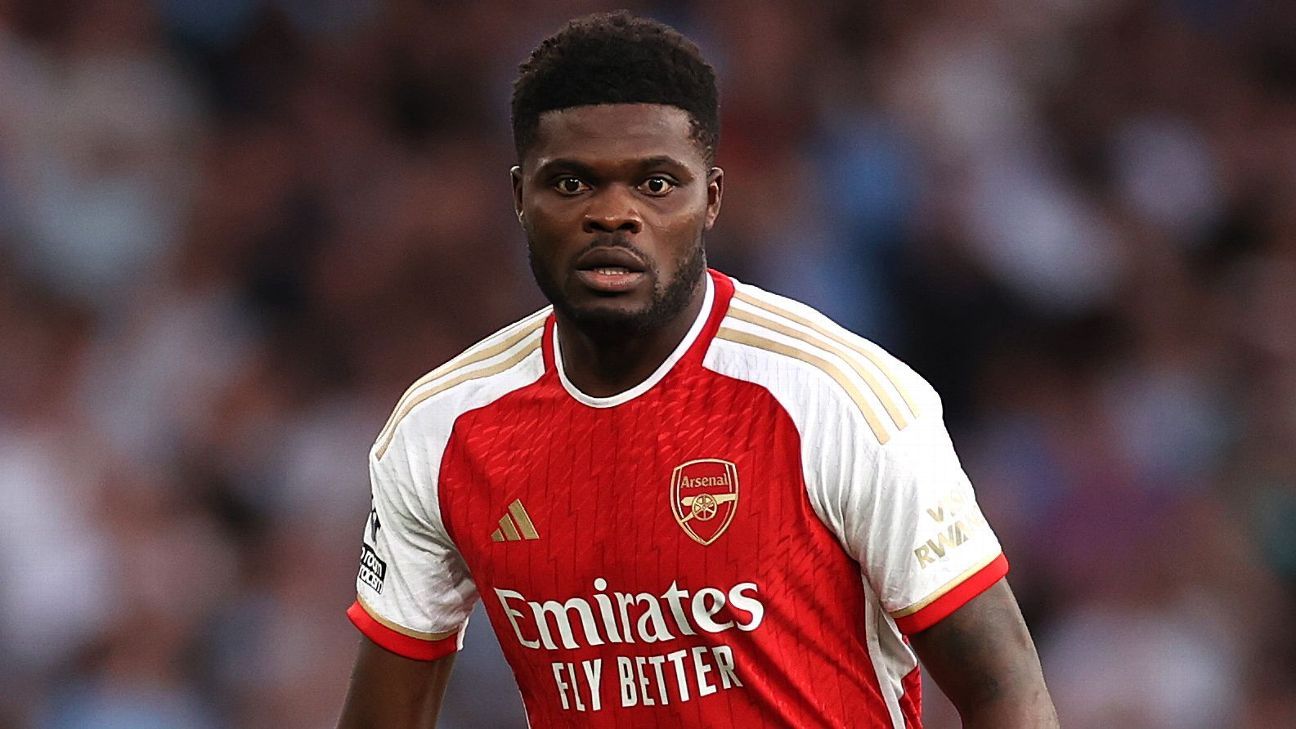
Seldom has the term "open and shut case" carried more layers than those around Australia's home international schedule for the 2020-21 season.
Little more than 14 hours after the end of the Victorian government's interminable Covid-19 lockdown of metropolitan Melbourne, it announced - along with Cricket Australia and the Melbourne Cricket Club - that the MCG would be able to host the Boxing Day Test against India after all, with crowds of up to 25,000 per day.
At the same time in Perth, a city as untouched by Covid-19 as any in the world, the Western Australian Cricket Association (WACA)'s chief executive Christina Matthews was left to throw her hands in the air in frustration. This was due to the fact that a state government lockdown of a different kind - that of WA's hard border with the rest of the country and the world - ensured the state would go without international cricket for a full summer for the first time since 1976-77.
Another contrast could be found - though somewhat less stark - in Sydney and Brisbane. In the Olympic city, the SCG was host to a surfeit of dignitaries to toast the fact that the ground would host even more international cricket than usual, as it will now share the opening six white-ball games of India's tour with the Manuka Oval in Canberra.
These fixtures landed in New South Wales (NSW) largely because further north in Queensland, the state government was reticent to allow both Indian and Australian players and staff - including those returning from the IPL in the UAE - to quarantine and train in Brisbane. So from a time when, as breathlessly reported by the Courier Mail, Queensland stood to host more than half of India's matches, the Gabba will now see Virat Kohli's team only for the final Test of a series that will first take in Adelaide, Melbourne and Sydney.
What these contrasting outcomes demonstrated, above all else, was that no state government's maintenance of a hard border for health or political purposes might continue indefinitely without costs as well as benefits. The complete lack of international cricket in WA and the drastic reduction of the same in Queensland will leave a sour taste in the mouths of many cricket followers in both states, likely to leave them wondering whether more ways could have been found to reach a happier outcome.
As it stands, there is no certainty about whether WA will even be able to host the Perth Scorchers and their Big Bash League fixtures. That outcome would turn WACA memberships into the sorts of loyalty gestures that AFL club subscriptions were forced into becoming earlier this year when the league had to first play matches with no crowds, and then only allow them in small numbers in Queensland, WA and NSW. Matthews, having already seen WA miss out on an India Test in the original schedule, expressed her frustration with a good deal of restraint.
"It is an extremely disappointing result for our Members, fans and our cricket community that WA will miss out on hosting international cricket fixtures this summer," Matthews said, doubtless through clenched teeth. "The WACA worked tirelessly with Cricket Australia and the WA Government to find a way to bring international cricket to Perth. Limitations with border restrictions, and complexities around scheduling as a result of Covid-19, led to the decision to play the three-match ODI series at the SCG and Canberra's Manuka Oval.
"We are dealing with circumstances and obstacles beyond our control. We respect and understand that difficult decisions need to be made to ensure our country can secure as much international cricket as possible this summer. With world-class facilities and the opportunity for cricket fans to attend matches, we maintain that WA is well-prepared to host BBL matches this summer and we will continue to work closely with Cricket Australia and the WA Government on this."
There had, given the enormous uncertainty around Melbourne in particular, been opportunities for WA to step up in terms of its fixtures this season. Had the Indian team and the returning Australian players from the IPL in the UAE been able to train as well as quarantine in Perth, the matches now bequeathed to Sydney and Canberra would have likely taken place at Perth Stadium. As would also be the case with the governments of South Australia (SA) and Queensland, initial talks with CA appeared positively geared in this direction before more protectionist views ultimately held sway.
As had been seen with the AFL this season, the chance existed for a change in the balance of providing allotments that might never come again: it is hard to see the Gabba hosting another Grand Final, but the switch also allowed the league road test a night-time competition decider for the benefit of its broadcaster. Instead, prevarication and conservatism - in WA and Queensland in particular - allowed NSW to swoop on the start of the tour, while Victoria belatedly dialled down its Covid-19 numbers to offer the promise of a sparsely attended Boxing Day.
The words of the NSW tourism minister, Stuart Ayres, were wound up for political effect, but also carried an underlying truth: "I think this is a classic case of Queensland dropping the ball at second slip and NSW picking it up before it hits the ground. There's been a strong track record of being able to create Covid-safe events here in NSW. We had worked with CNSW (Cricket New South Wales) and CA already for Covid-safe plans for the WBBL. There's no doubt having those plans in place gave confidence to NSW police and NSW health to move quickly on the international arrangements.
"We haven't compromised on our hotel quarantine arrangements for the Indian team, we've been able to facilitate training arrangements for international and elite athletes in other sports and we've already a track record there and we've been able to tailor it for cricket. I think politics has been driving most decisions in Queensland, whether that's who you let in or who you don't let in, think it's been entirely driven by the date of the election. Most unfortunate that rather than having sole focus on collaboration, health and data driving those decisions, it's been political."
In effect, these machinations eventually served to bolster the order of priority that states such as Queensland and WA have always railed against, with the feeling that their chances for fixtures are always fighting losing battles against Australia's two biggest states and capital cities. NSW, benefitting too from greatly improved relationships between the SCG Trust and cricket administrators at both state and CA levels, have a bigger share than ever. Victoria, despite all the dramas of a locked down 2020, have at least notional retention of the jewel in the MCG crown.
Indians familiar with scheduling haggles that have seen - among other things - no Test match between Australia and India at Eden Gardens, the Asian equivalent of the MCG, since 2001 will have observed these events with something like mirth.
Years ago, at a time of more fractious relations between CA and the BCCI, it was observed that the Australian governing body would know the date and venue of India's arrival "when they get off the plane". In 2020, via the vagaries of Australia's federal model, the condition can be amended to "when they find somewhere to land".















 Phone: (800) 737. 6040
Phone: (800) 737. 6040 Fax: (800) 825 5558
Fax: (800) 825 5558 Website:
Website:  Email:
Email: 






